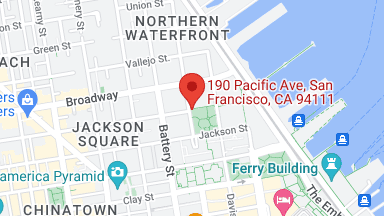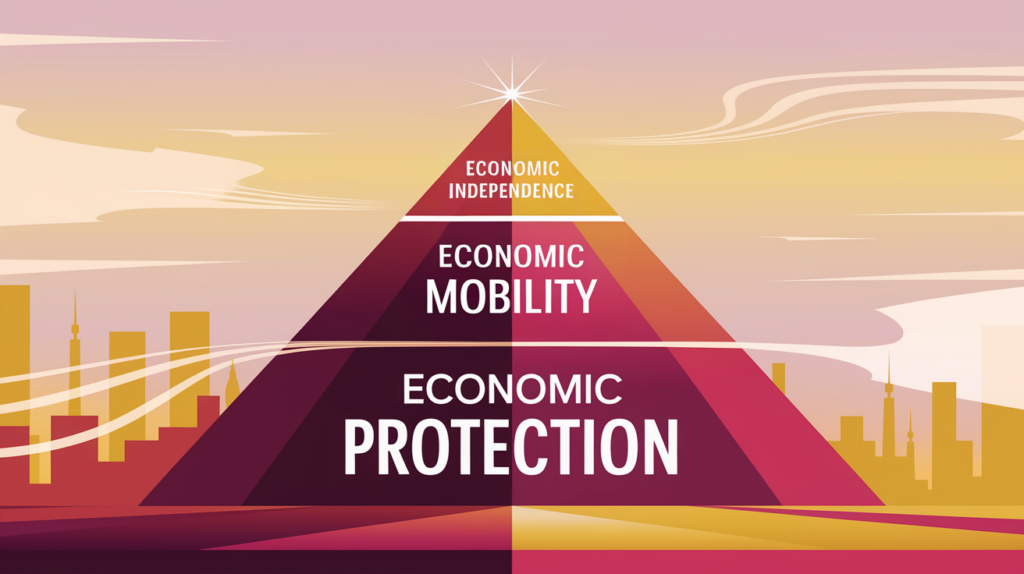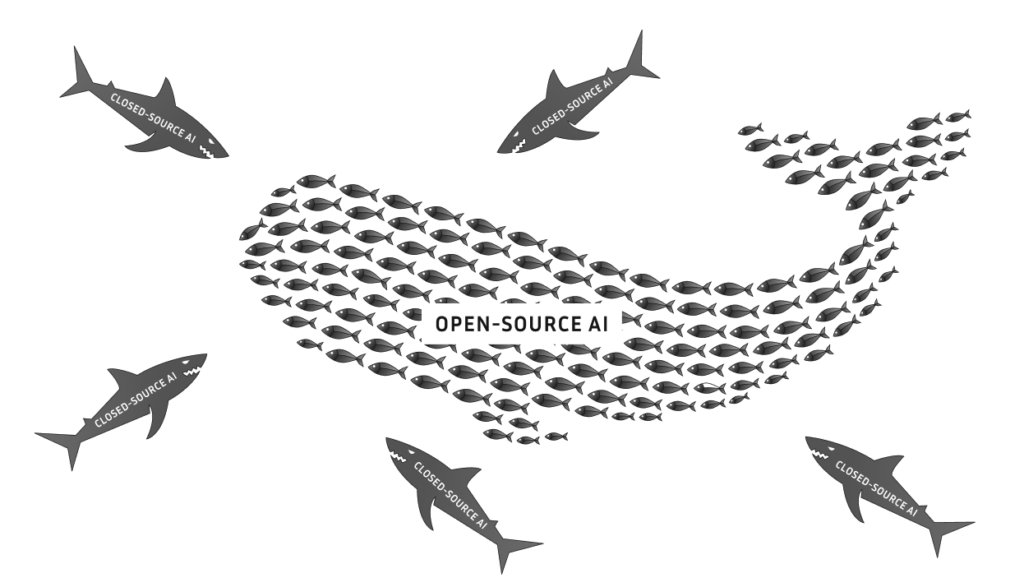Say Hola to Howdy
How Howdy Corrals Top LATAM Talent
Emily Brady |
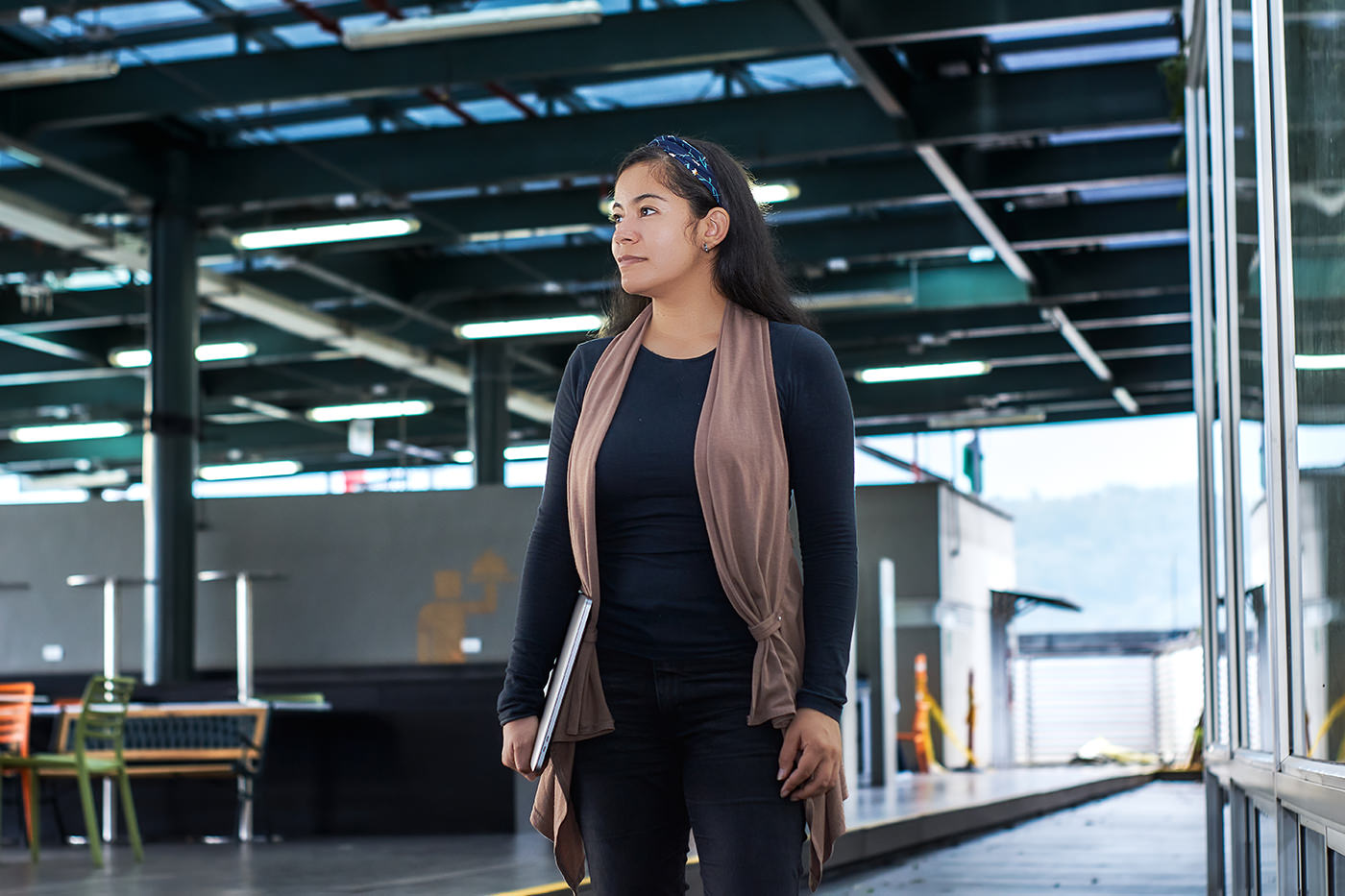
Johanna Jaramillo Quiceno—who goes by Leidy—was sitting at home one evening in Medellin, Colombia, watching a movie with her boyfriend Andres, when during a lull, he started telling her how much he loved his new job.
It was at Howdy, a workplace hiring startup based in Austin, Texas, that connects engineers like Andres and Leidy with jobs at companies in North America and Europe.
“What makes them so special?” Leidy asked.
To her surprise, Andres didn’t talk about his salary or benefits. He talked about how the job made him feel.
“They listen to me and treat me like I matter,” he said.
Andres insisted that Leidy, a systems engineer, explore working for the startup. She did, and within the first few minutes of her first interview she realized that Andres was right. The interview didn’t feel like a test, it felt like a friendly conversation. Two months later, she began working for Howdy.
“In this company, I can choose the technologies and the roles I like,” said Leidy, who is currently employed through Howdy at a cyber-security company based in the Netherlands.
“Desperate for a chance”
Engineering shortages have long-plagued the U.S. tech sector. Big tech companies point to immigration restrictions that hamper their efforts to find employees. The idea to co-found a company to help solve this tech shortage problem came to Jacqueline Samira in 2018. At the time, she had been running sales teams for VC-backed startups and had a front row seat to the shortage.
“There was such intense competition for engineers,” recalled Jacqueline. “It felt like an imbalance.”
Raised by an immigrant mother who was an engineer, Jacqueline knew firsthand what amazing talent can come from other countries. She also knew what it felt like to be desperate to be given a chance—she began her career during the downturn of 2008 when jobs were hard to come by. Surely there were engineers somewhere who were desperate for a chance too, she thought.
“Look beyond the U.S.” Jacqueline’s Iranian mother advised. So Jacqueline turned to Latin America, the vast continent to the south that shares three time zones with the U.S. The salaries for senior engineering talent are also 20 to 30% less.
Jacqueline hired her first engineer in Montevideo, Uruguay, in Dec. 2018. In 2020, as remote work became normalized during the pandemic, Howdy hired another two dozen engineers, and has been building ever since. In Winter 2021, Jacqueline and her co-founder, Frank Licea, who was born in Mexico and raised in El Paso, were accepted into Y-Combinator. They raised Howdy’s Series Seed after the accelerator’s famed Demo Day.
Howdy currently has contracts with 47 companies and employs more than 160 developers across Uruguay, Argentina, Chile, Peru, Colombia, and Mexico. They plan to double by year’s end.
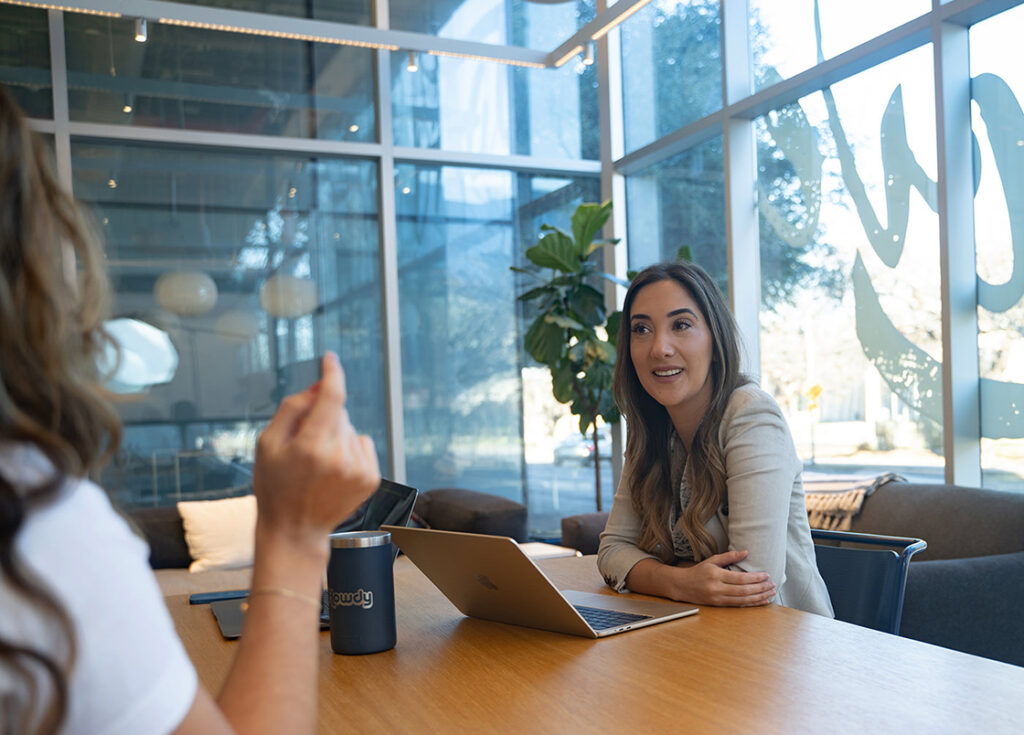
Where developers come first
Since the beginning, one of Howdy’s mantras has been “Where the developers come first.” Jacqueline and co-founder Frank Licea are building Howdy around their employees.
“Our top KPI is developer retention and developer happiness,” said Jacqueline.
Javier Bayona noticed this right away. A developer based in Cucuta, Colombia, Javier had worked for a series of startups and founded his own before connecting with Howdy in 2020 after a wave of layoffs left him looking for a new role.
“I was already working remotely and the pay at Howdy was a bit better,” said Javier. “But how they treat me is different. They are focused on the human component and I feel appreciated.”
Howdy offers its developers perks that rival many big tech companies including health care, gym membership, and weekly free lunches, but what Howdy’s employees say they value most is that “human component.”
There is paid sick leave, ongoing career development with engineering managers, and when a company occasionally ends a contract with Howdy, the startup continues paying the employees’ salary until a new role is secured. Howdy also requires that its partners treat its developers well.
“One of our core requirements for companies we work with is that they have to treat our engineers as full-time team members,” explained Jacqueline. “They need to be in the all-hands and internal meetings.”
None of this is lost on Javier Bayona, who points out that even though his physical location hasn’t changed, he’s still working from home. Everything feels different.
“It’s strange,” he said. “You’re at the same computer, and at the same spot, but you feel that you’re surrounded—virtually at least—with people who care.”
